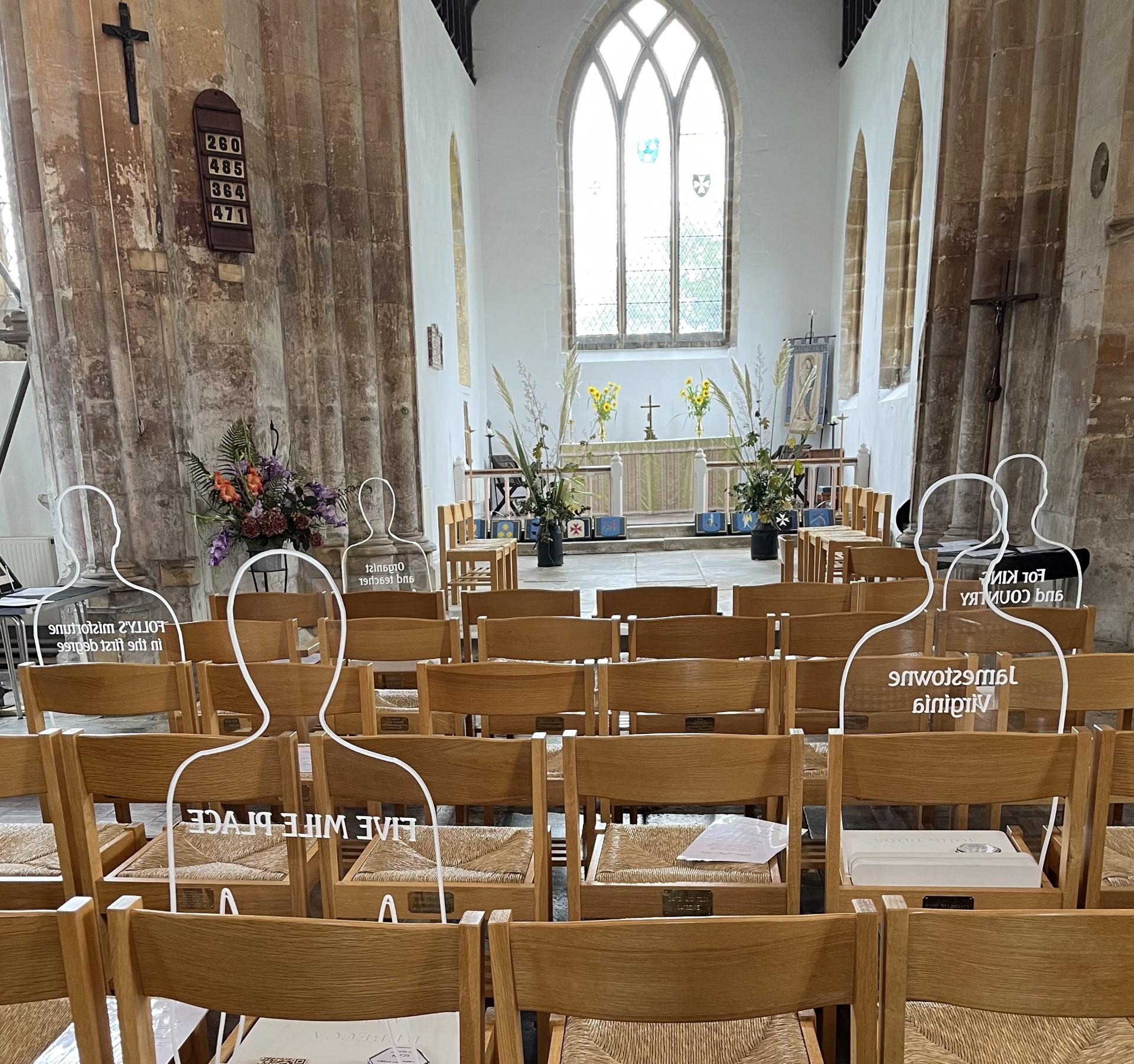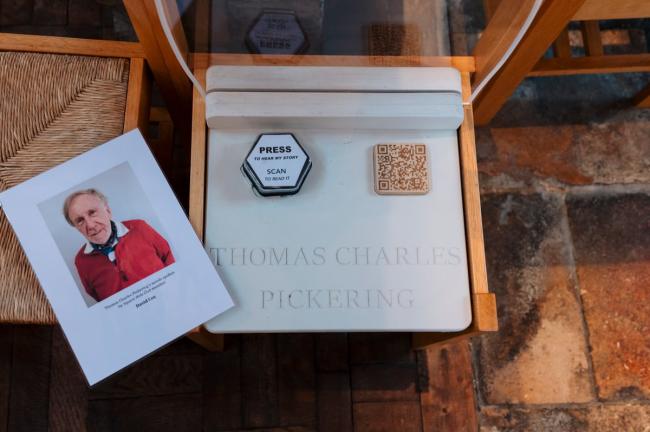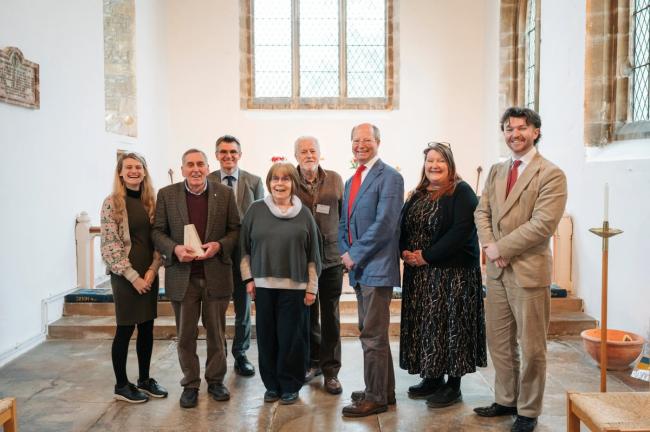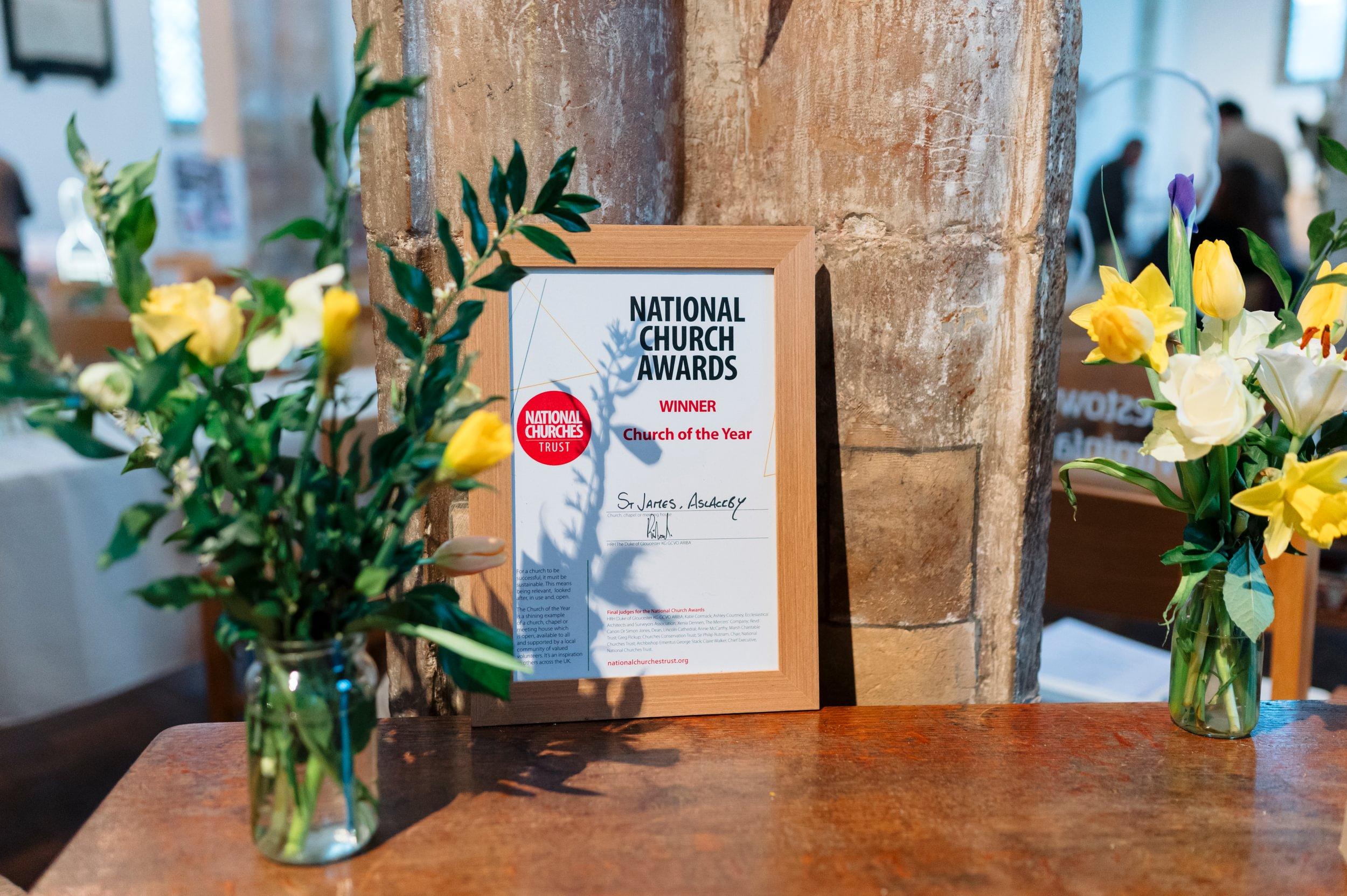Churches are not just for worship; these buildings are often the greatest storytellers in the area. They have witnessed events of local and national significance, but they have also been shaped by the people who have connected with them too. However, some of these stories can get lost over time. One church in Lincolnshire decided it was time for them to be told – and found a creative way of doing it.
Aslackby St James the Great was the winner of the Church of the Year award at the 2024 National Church Awards. It’s a beautiful Norman building that has recently undergone a huge repair project to fix the roof and add in toilets.
The repair project gave them an opportunity to think about how they could share the church’s history with others. And from this, an exciting new trail emerged...
Finding the stories
A project, funded by The National Lottery Heritage Fund, has enabled St James the Great to share the story of five people connected to the church in an innovative way.
Aslackby Voices: Through Time’s Pulsating Ebb and Flow is an audio trail in the church, researched and voiced by people living with early onset dementia.
One of the people researched by the group was Rebecca Gibbons (1843-1897), who emigrated with her new husband to the United States. The young mother experienced hardship, both in the England and in the US, but thanks to this project, her voice is being heard, and her story is finally being told.
Rebecca’s descendants, Laron and Cameron Waite, visited St James the Great in 2022 from the US and had this to say:
“As Rebecca’s descendants, we of the Waite family are proud to be counted among those whose lives were blessed by the courage of this remarkable woman. We are proud that through her we are linked to the beautiful paradise that is Aslackby, England.
“We draw strength from her story, her example, and the knowledge that even in the most difficult trails of this life, it is possible to carry sunshine wherever we go.”




